Auguste Rodin (René François Auguste Rodin), born in Paris on November 12, 1840 and died in Meudon on November 17, 19173, is one of the most important French sculptors of the second half of the 19th century, considered one of the fathers of sculpture modern. Heir to centuries of humanism, Rodin's realistic art is a culmination, a cross between romanticism and impressionism, whose sculpture is modeled by the struggle between form and light. The virility of the artist, nicknamed in his time the "Sacred Goat4", provoked semi-public or private dramas and is at the center of a plastic expression of sensuality, eroticism, but also pain. He was the companion, part of his life, of the sculptress Camille Claudel. Through his capacity for work and organization, Rodin left behind an extraordinary body of work, of which only the Rodin Museum in Paris holds the moral and inalienable right of the sculptor5,6.



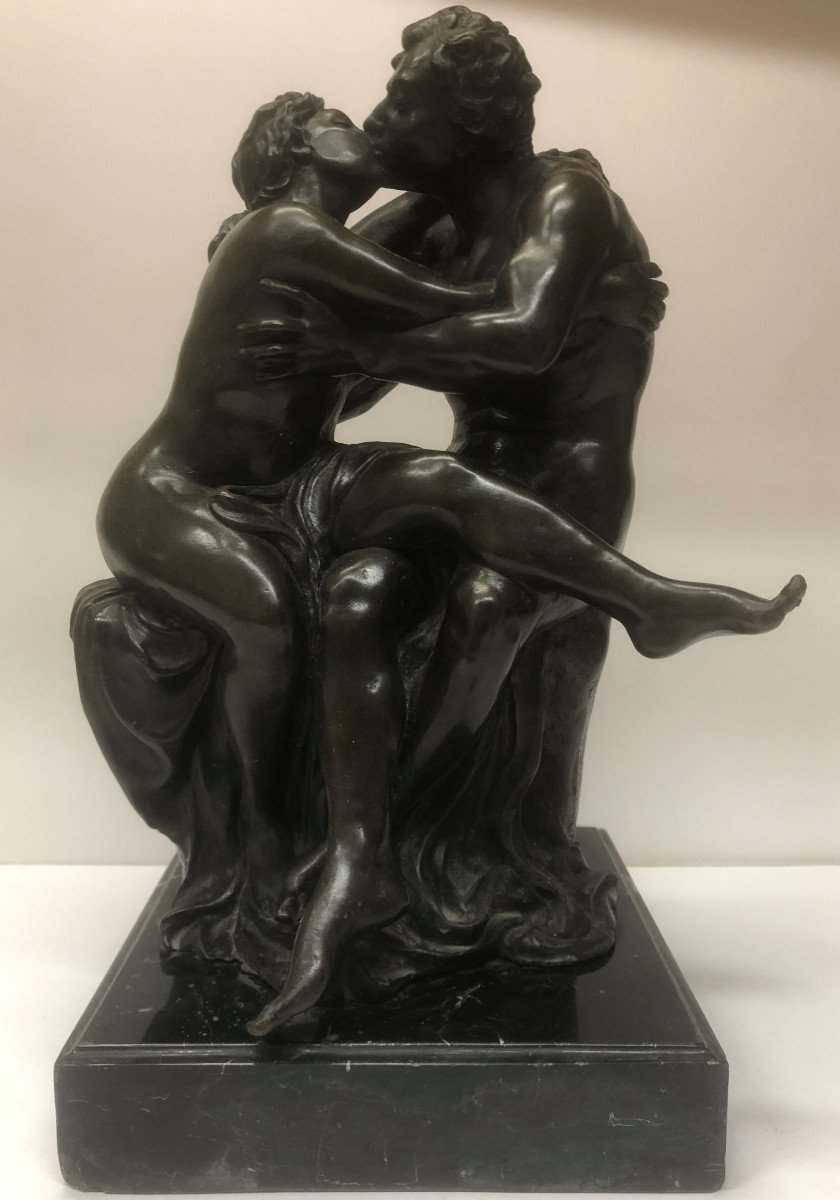


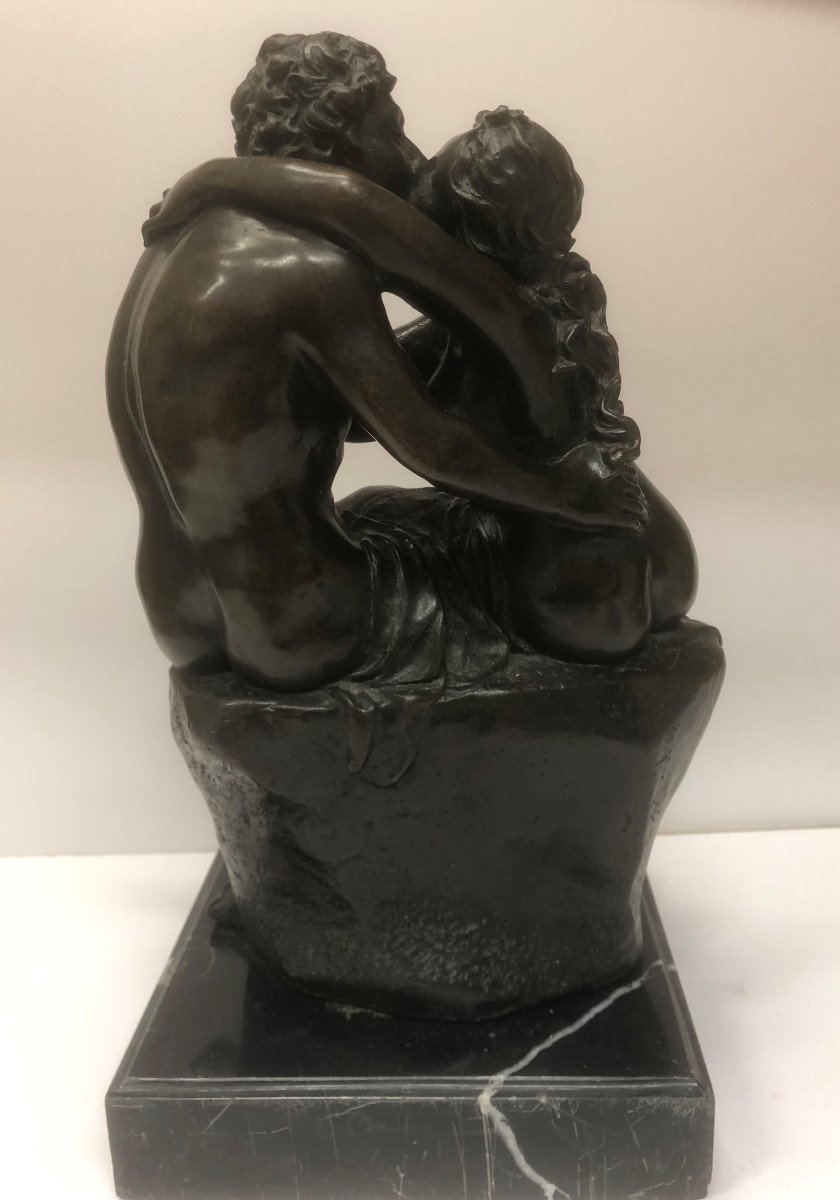


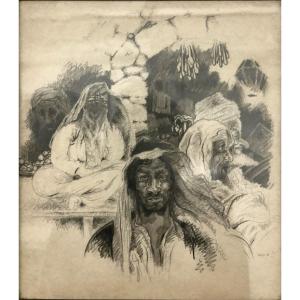
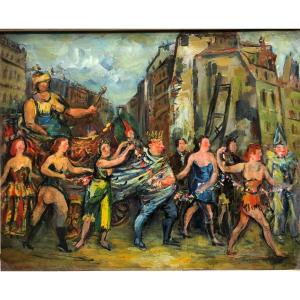
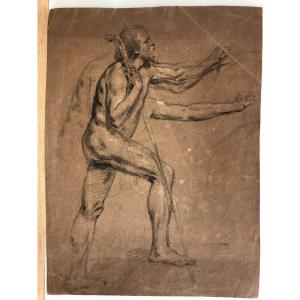

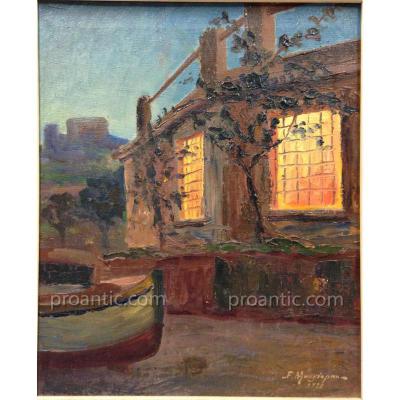
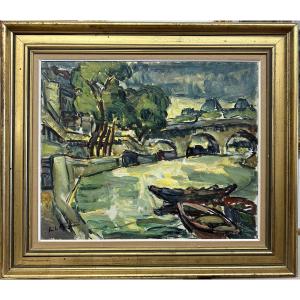

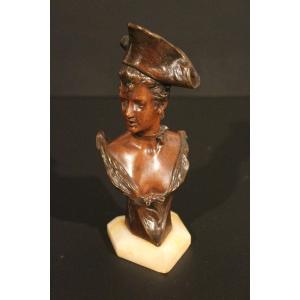
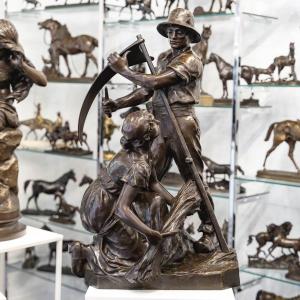
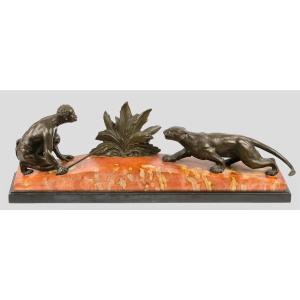
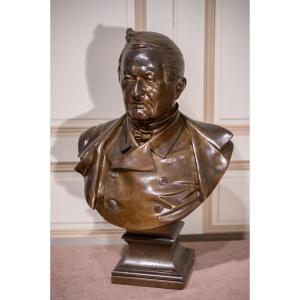




 Le Magazine de PROANTIC
Le Magazine de PROANTIC TRÉSORS Magazine
TRÉSORS Magazine Rivista Artiquariato
Rivista Artiquariato
